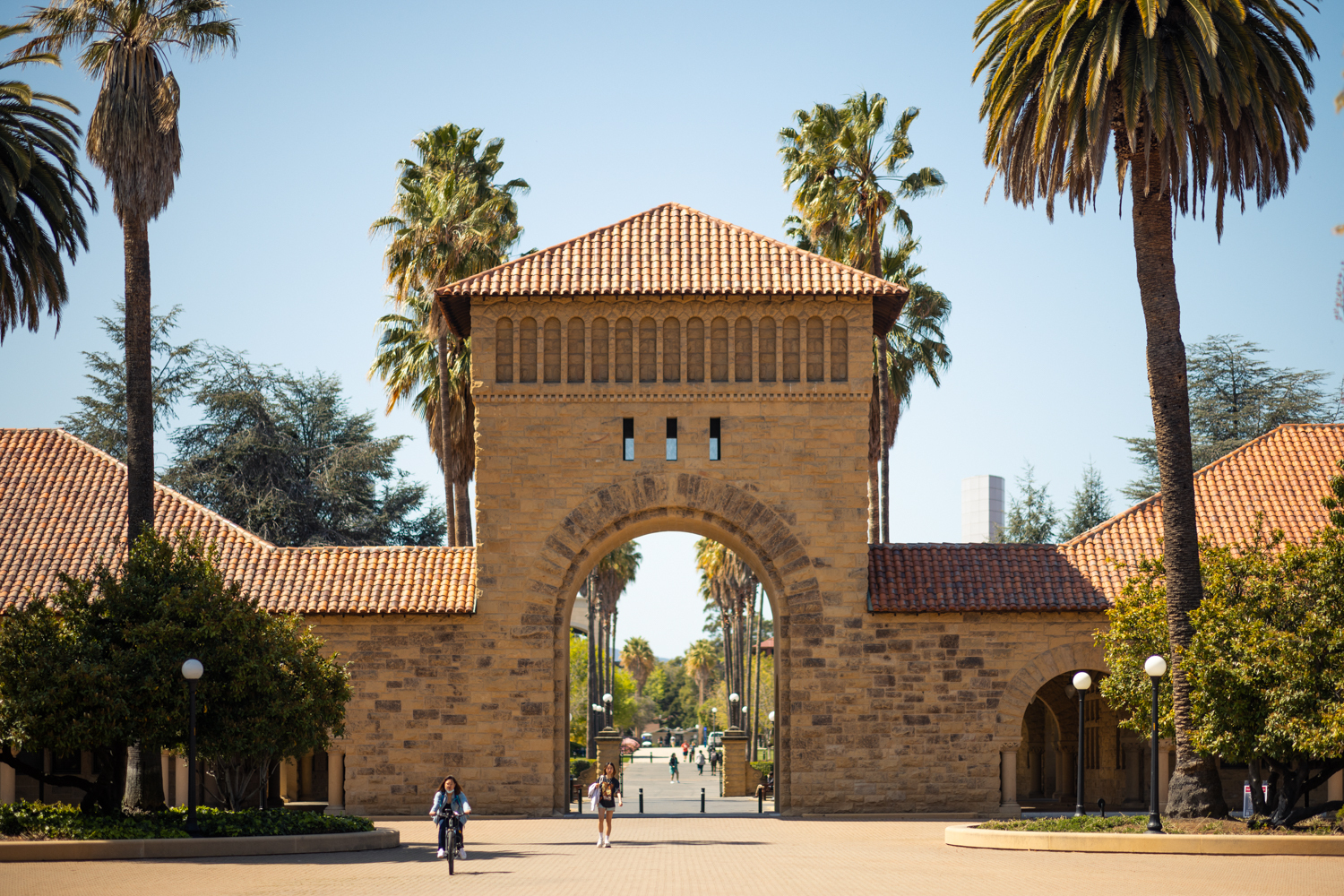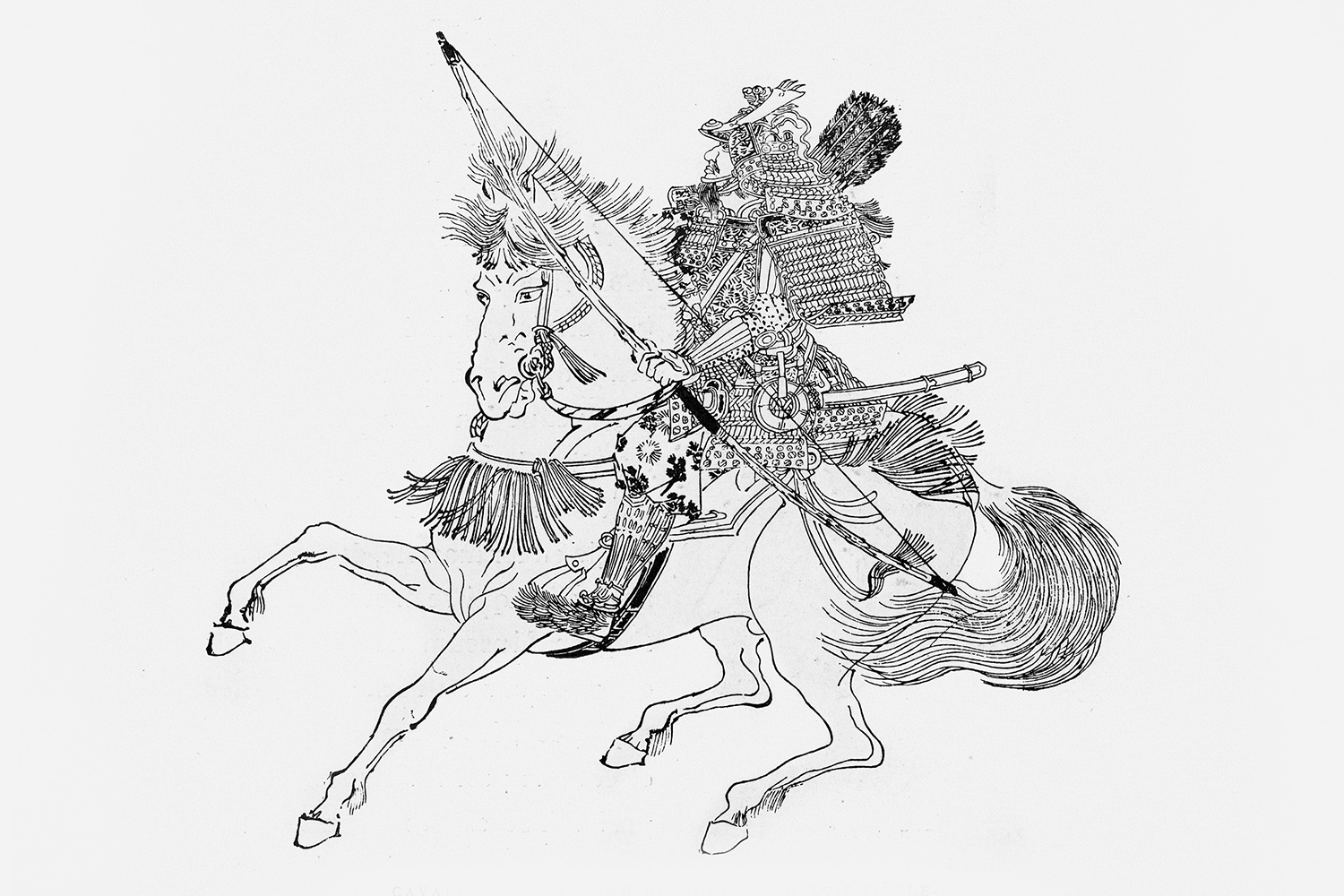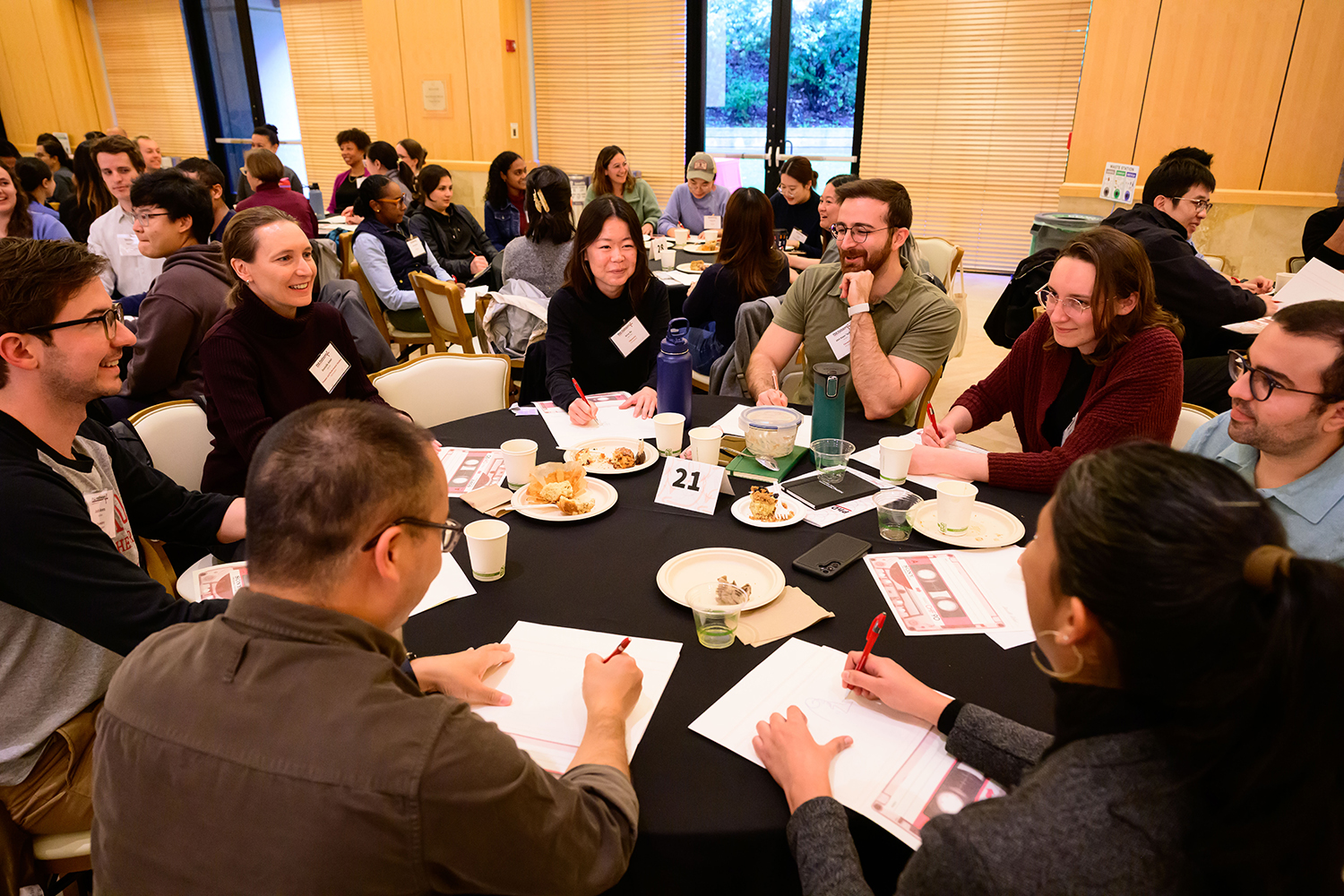Welcome on Stanford University Resources Search page
News results
News results
1 - 10 of 6,917 itemsStudy strengthens link between shingles vaccine and…
A new analysis of a vaccination program in Wales found that the shingles vaccine appeared to lower new dementia diagnoses by 20% — more than any other known intervention.

Stanford Science Fellows 2025 cohort is largest ever
Stanford’s School of Humanities and Sciences has awarded 11 scholars from top research programs the distinguished Stanford Science Fellowship. The program aims to advance foundational science while fostering effective interdisciplinary collaboration.

Exhibition invites a closer look at the design…
A curated selection from the Cantor Arts Center’s collections examines the humble handle as a medium through which we connect with the world of objects.

‘Second Nature’ photo exhibit examines a world…
In a photography exhibition at the Cantor Arts Center, 44 artists from six continents document the profound environmental, social, and political upheaval of our transformative age.

U.S. textbooks portray Asians in a limited and…
An AI-driven analysis of widely used textbooks found that only 1% of sentences contained any mention of Asians or Asian Americans – and most of the references were related to war and foreign affairs rather than contributions to society.

Attendees urged to ‘dream beyond boundaries’ at…
Innovation, career advancement, and personal growth were among the topics covered during a day of presentations, panels, and breakout sessions designed to inspire participants at every career stage. The annual event is hosted by Stanford Residential & Dining Enterprises during Women’s History Month.

University leaders welcome the community to spring…
President Jonathan Levin and Provost Jenny Martinez share principles that are guiding the university’s approach to challenging issues.

New book examines how historical fiction fueled rise …
As nationalism grows both domestically and abroad, Literature for the Masses explores how Japanese popular culture from a hundred years ago resembles that of the 21st century.

Stanford Football announces Frank Reich as interim…
Reich is one of the sport’s most well-respected offensive minds thanks to over 30 years in professional football, combining a 14-year playing career as an NFL quarterback with 18 seasons in various coaching roles.

Career event explores paths for PhDs and postdocs
Doctoral students and postdocs interested in exploring paths beyond academia heard from Stanford alumni and industry leaders about careers in business, biotech, the arts, and more.
